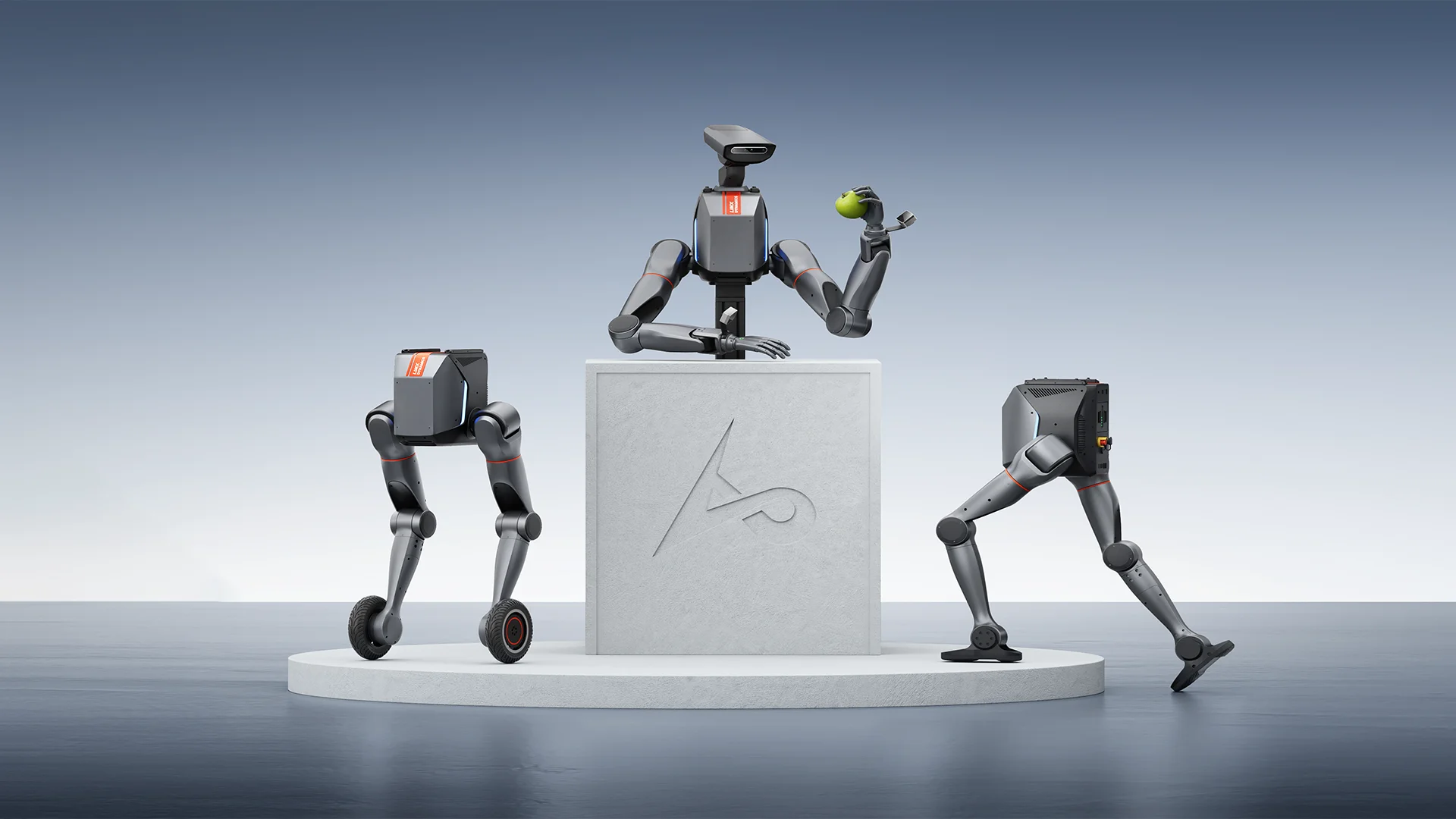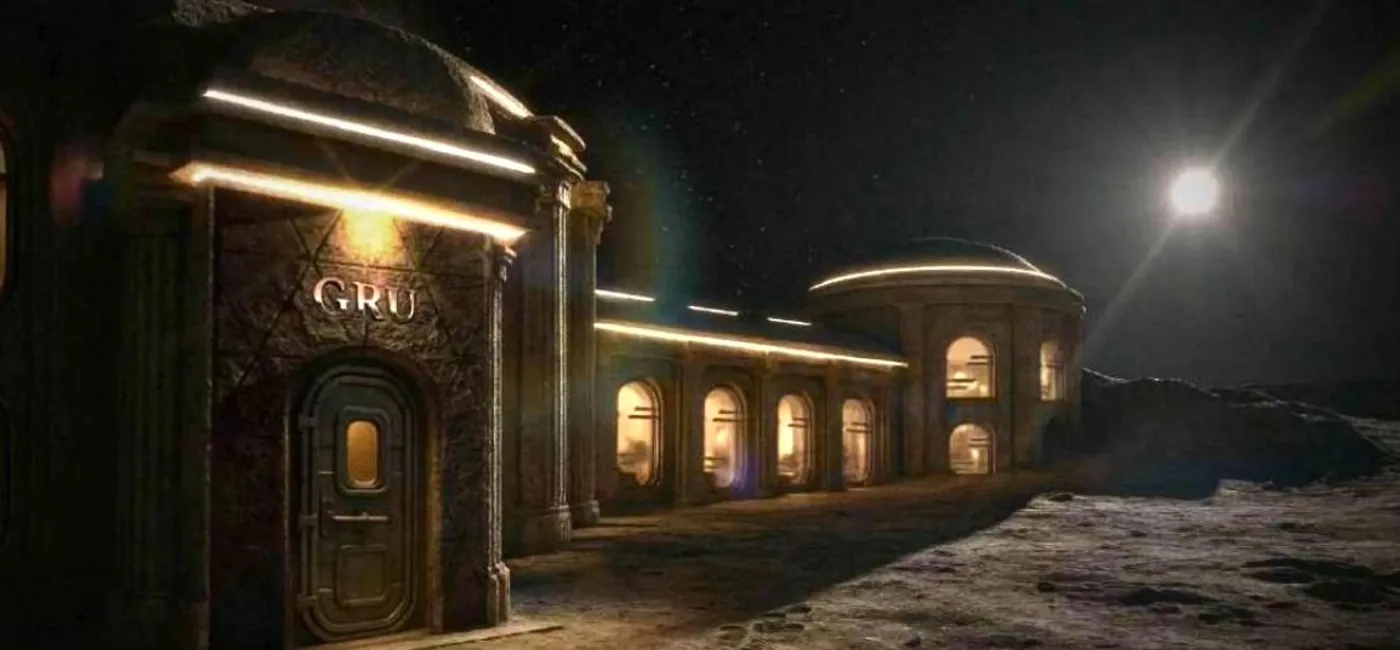British ocean technology company DEEP has announced the development of “Vanguard,” an innovative underwater habitat designed to revolutionize underwater scientific research. Currently under construction in Florida, the facility will be deployed off the state’s coast by the end of 2025, marking a significant step toward a more permanent human presence in the oceans.
What is Vanguard and how the undersea “base” works
Vanguard is designed to host a crew of four scientists for medium-duration missions, estimated at seven or more consecutive days. The structure’s defining feature is its ability to operate without the need to resurface, allowing researchers to live and work directly in the environment they are studying.
Vanguard: DEEP’s underwater habitat to bring scientists
The technology: Ambient pressure and “Moon Pool”
Unlike submarines, which maintain internal pressure similar to the surface, Vanguard will operate at “ambient pressure.” This means the pressure inside the habitat will be equal to that of the surrounding water.
This approach eliminates the main obstacle of deep diving: decompression. Scientists will be able to exit the habitat for hours through a “moon pool” (an opening in the floor of the structure that keeps water out via internal pressure) to conduct experiments and collect data, returning without facing lengthy and risky daily decompression cycles. The habitat will be supplied with power, communications, and breathable gas from a surface support buoy.
Safety and DNV classification
DEEP ocean technology places a strong emphasis on safety. Vanguard is set to become the first habitat of its kind to receive an official classification from DNV, an independent, international certification body. This process will establish new, rigorous safety standards for prolonged human habitation in pressurized underwater environments.
The objective: scientific research and coral restoration in Florida
The initial deployment in Florida is no coincidence. Vanguard’s primary objective will be to support environmental monitoring projects and, specifically, active reef restoration initiatives for the state’s crucial and severely threatened coral ecosystem.
By allowing marine biologists to live on-site, Vanguard will offer an unprecedented capacity for observation and intervention, overcoming the limitations of brief excursions from the surface.
Vanguard: DEEP’s underwater habitat to bring scientists
Beyond Vanguard: the future with the “Sentinel” project
Vanguard is conceived as a critical technological testbed. The operational and engineering knowledge gained from this pilot project will feed directly into the development of DEEP’s next phase: “Sentinel.”
Scheduled for 2027, Sentinel will be a much larger, modular habitat designed to operate at depths of up to 200 meters and support extended missions of up to 28 days. DEEP’s long-term goal is to use these technologies to establish a permanent human presence in the oceans, opening new frontiers for science and conservation.
more articles like this: Intnews






